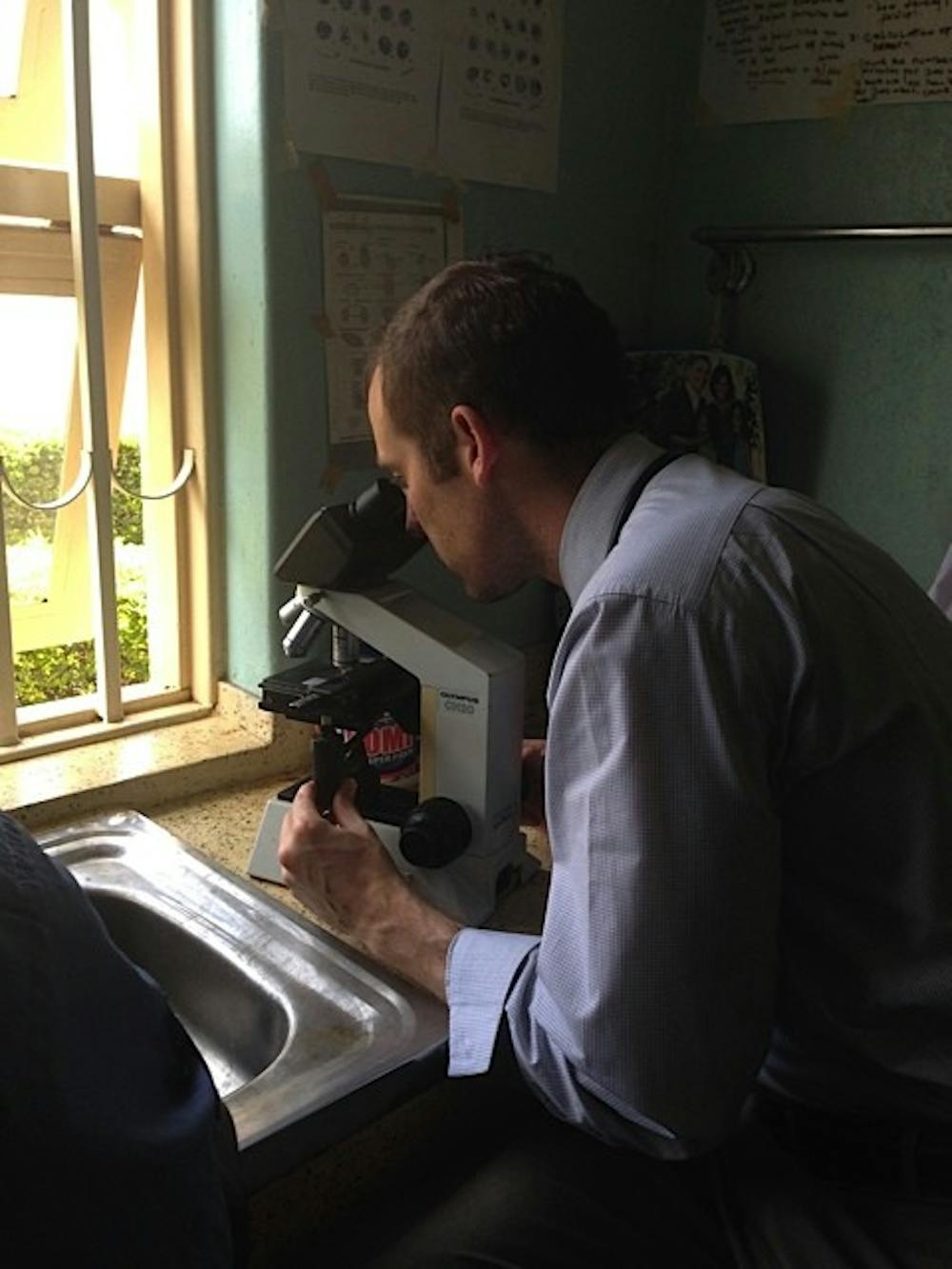Although work-study is known as a federal program, the majority of the funding comes from the University, said Eric Johnson, a communications representative for the UNC Department of Scholarships and Student Aid. He said that in recent years, the federal funding for this program diminished, so the University is requiring partial salary contributions from employers in an effort to increase work-study opportunities.
“It's simply a way of stretching our student aid dollars to cover more students and more provisions,” Johnson said. “We are not in any way cutting the work-study budget. It's actually growing year by year. It's being done so that we can stretch the work-study by being able to cover more students.”
Some students are concerned not only that the salary contribution may create cuts in positions available, but also that students will earn less because of the cuts employers have to make in their own salary budgeting. This is a concern employers as well, such as Ellen Parker, the University Presbyterian Preschool director.
“It's a shame for sure for (students) because we scrambled enough to get the money to cover the 15 percent plus the FICA taxes, so I'm not in the position that we can raise the salary to make up for the withholdings,” Parker said. “So they're coming in with the same pay level that they were last year, but they're going to see less in their paycheck.”
Johnson said the goal of the required salary contribution is not to reduce student salaries and that the University is open to discussion about the process regarding payrolls.
While the preschool employs UNC students as teacher assistants, other students are trying to find lab work to add to their resume and feel the competition will increase in the coming years.
“This is the only way we can afford to get lab experience,” Barsanti said. “It's just really closing a lot of opportunities for people who want to pursue this professionally.”
Holder said the University’s decision impacts the functionality of her workplace, which could take away funding from other necessities like equipment. She also said this will lessen opportunities for students in career preparation.
“Now you're telling people they have to really cut costs in order to have students work, and that takes away the chance for students to get valuable work experience they need to graduate and enter the increasingly competitive job market,” Holder said.
While the University Presbyterian Preschool will face cuts in salaries and number of positions, other employers maintain that they will adjust accordingly to the work-study payment change to offer the same number of positions and salary.
“We're certainly going to continue to engage work-study students and will make the budget adjustments we need to make that possible,” UNC General Alumni Association President Douglas Dibbert said. His organization uses work-study students to keep records on all living alumni and in creating programs for them.
For Parker’s preschool, she said the work-study positions available will likely decrease by half, employing three students instead of five or six.
To get the day's news and headlines in your inbox each morning, sign up for our email newsletters.
“It is my recommendation to continue because there are so many great benefits to our participation,” Parker said. “It will just decrease our participation. I'm still going to recommend that we find money in our budget for at least a couple of the students, but we won't be able to have as many as we have in the past.”
Although Johnson recognizes some employers may have to cut down the number of positions available, he is confident the full work-study program will grow because of the employer salary contribution.
“We hope that most of our off-campus and on-campus partners will continue to find it valuable to have work-study students,” Johnson said. “At the end of the day, you are still getting an extraordinarily well-subsidized student employee. We're open to making the process easier.”
Johnson said with this change, the University is joining most colleges across the country who require some salary contribution from their work-study employers.
But Holder said she does not think this shift fits the Chapel Hill area, where many non-profits offer valuable experiences to students despite being unable to contribute much financially.
“Just because other people do it doesn't mean it's right."
university@dailytarheel.com




